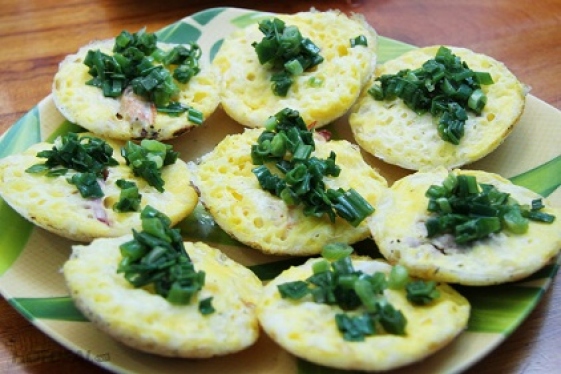Bo kho
The vestiges of the French can be seen in Vietnam through its diacritic-laden written language, regal colonial buildings and cooking. While most point to pho or banh mi as banner-bearers of francophile gastronomic influences in Vietnamese cuisine, the humble bowl of bo kho can’t be overlooked.
.jpg)
The term kho derives from a braising technique used in Vietnamese cuisine and this dish epitomises it, seeing cheaper offcuts cooked to tender, flavourful perfection. For most Vietnamese, kho dishes are comfort food and traditionally served in the home, but family-style dishes like this have grown in popularity as Saigon’s growing migrant community searches for that slice, or in this case bowl, of home.
Most kho dishes such as thit kho to dau (caramelised braised pork with coconut milk) and ca kho to (braised fish in a caramel sauce) take cues from Chinese influences, but not this hearty one, which at first glance looks European. Big hunks of beef swim in a deep red-coloured broth with carrots, onion and turnips (less so potato).
.jpg)
For bo kho, beef shank and flank cuts are used. The flank has tough tendons veined throughout, while shank is dense — not great if you plan to eat it as a steak, but ideal for slow cooking. The long stewing process breaks down the meats to a tender, almost gelatinous texture. Unlike most European stews, the deep red colour doesn’t come from tomatoes but from annato seeds, typically used in Vietnamese dishes for this colour (they are also used in bun bo hue). The broth is Vietnamese in flavour with hints of lemongrass, ginger, star anise, cinnamon and five-spice powder.
.jpg)
The dish can be served with bun (rice vermicelli), mi (egg noodles), mi goi (egg noodle packet) or banh mi. Once the stew is ladled in the bowl, thinly sliced raw white onion, basil leaves and a dash of pepper are used as garnishes. As with most Vietnamese dishes, you are given a few condiments on the side to personalise your dining experience. For this particular dish, wedges of lime and sliced chillies are served. Ask for some muoi dieu, a blend of salt and pepper; squeeze in some lime and dip your beef for a little extra tang.
A bowl of bo kho can be a bit more expensive than other street food fare as beef isn’t cheap in Vietnam. Most street vendors charge 30,000 VND in District 4, so expect to pay a bit more in District 1. You’ll find a fine bo kho vendor at 42 Hoang Dieu who is only open for lunch, but if you are looking for something a bit more central, a number of stalls specialising in bo kho lie across the street from Bitexco tower.
See more
-
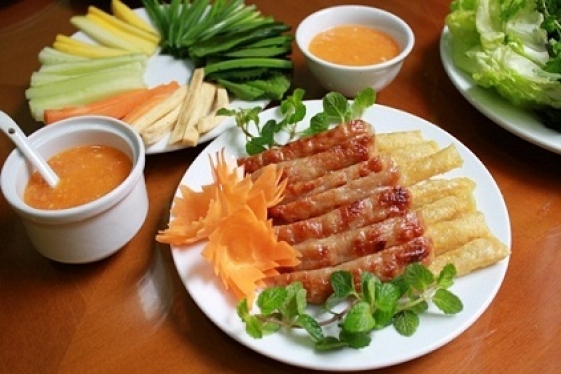
Nem nuong Dalat
One of the most famous dishes in Dalat that you try is Nem nuong. If you have a chance to try once time, you will find another chance to try it again.
-
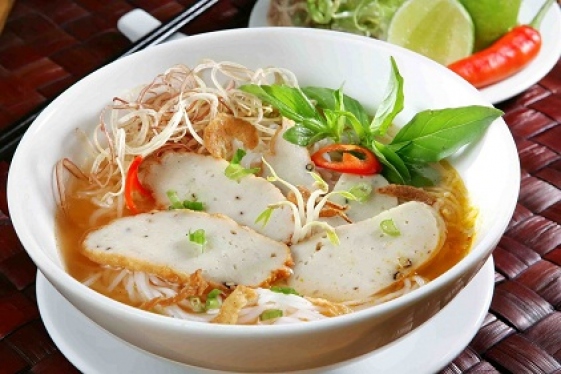
Banh canh cha ca
Banh canh cha ca is famous in Trang Bang, Nha Trang, Phan Thiet but the taste of this dish in Phan Thiet is the most special and delicious.
-
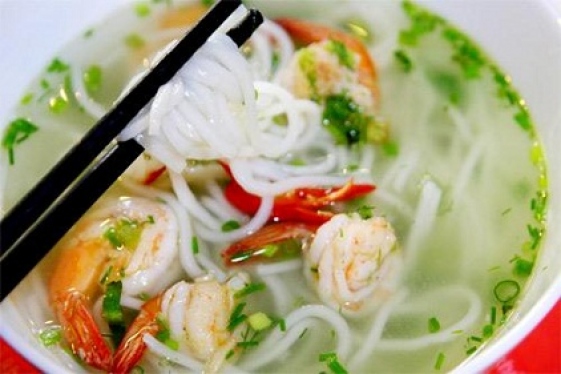
Chao Canh (Soup Porridge)
Like the characteristics of people in Quang Binh as rusticity, honesty, chao canh is unsightly and gaudy as Pho in Hanoi but its taste is very unique and strange. Central...
-
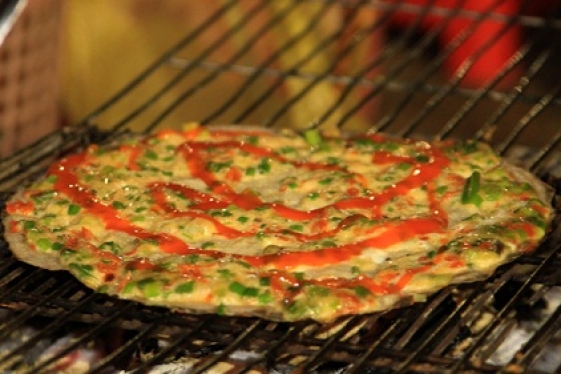
Banh trang nuong
Banh trang nuong is a famous snack in Dalat that you should not miss when traveling to Dalat. The hot cake not only helps people dispel the cold in a Dalat’s night...
-
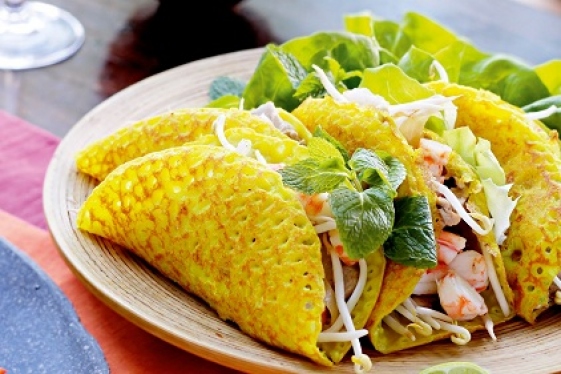
Enjoy Banh xeo Quang Hoa
Banh xeo Quang Hoa is one of the most famous specialties in Quang Binh . The vistiors should not miss to try this food when traveling to Quang Binh .
-
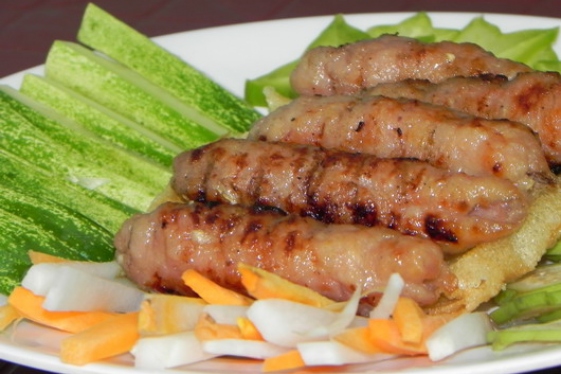
Nem Nuong Ninh Hoa
Talking about the cuisine of Nha Trang, people will surely mention "nem nướng" (girlled nem) Ninh Hoa or Nha Trang. Nem Nuong Nha Trang is also known as the...
-
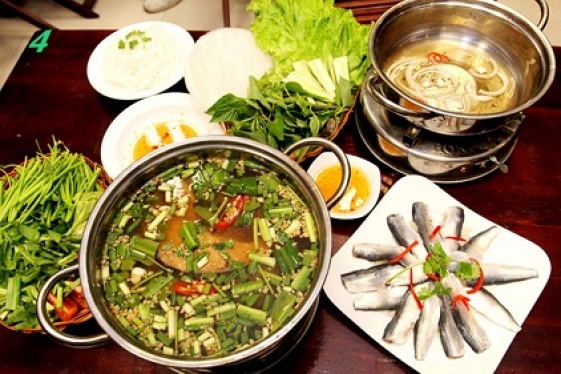
Lau ca duoi (Sawfish hot pot)
Sawfish hot pot has been considered as a famous specialty and represented for Vung Tau cuisine. Sawfish is very delicious and strange that makes tourist can’t forget if...
Destinations
Most popular tours
-

Visit Bat Trang & Le Mat Traditional Village
Price from: 25 US$
-
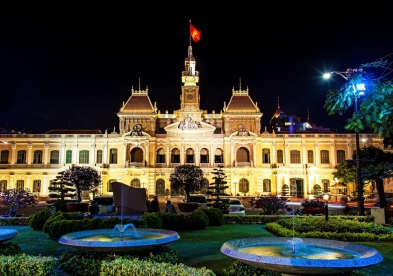
Cu Chi Tunnels & Ho Chi Minh City
Price from: 110 US$
-

Ha Long Bay (Day Tour)
Price from: Contact
-
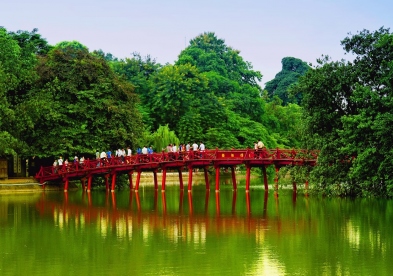
Luxuries of Vietnam
Price from: 2.020 US$
Business info
Vietnam Local Guide
- Address: 18th Floor, VTC Online Tower, 18 Tam Trinh Str.,Hai Ba Trung Dist., Hanoi, Vietnam
- Email: info@vietnamguider.com
- Phone: (+84) 0904989890
- Hotline: (+84) 0904989890
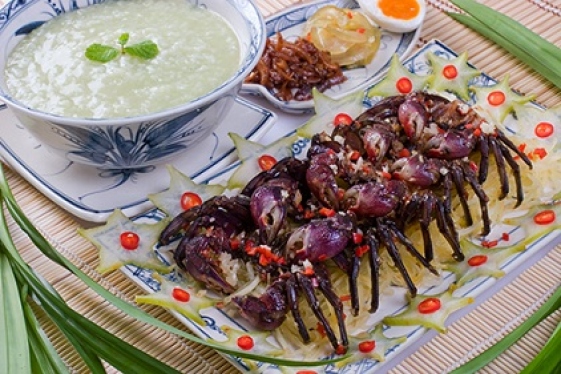
.jpg)
